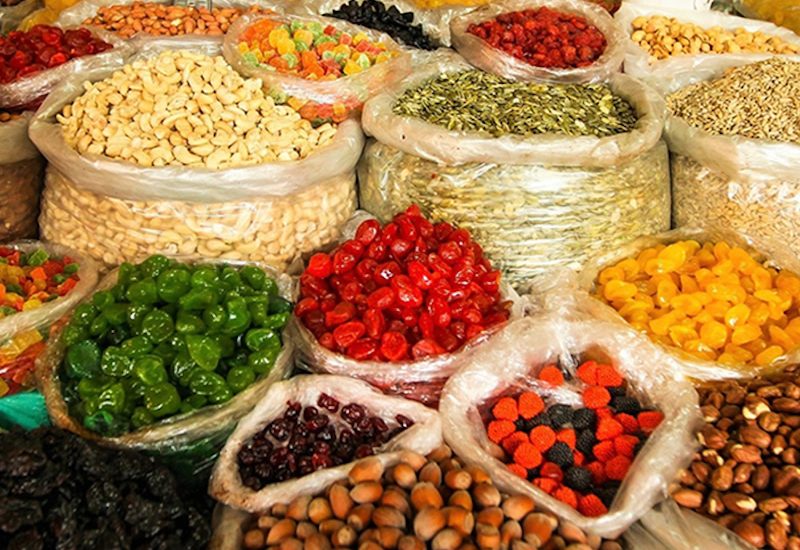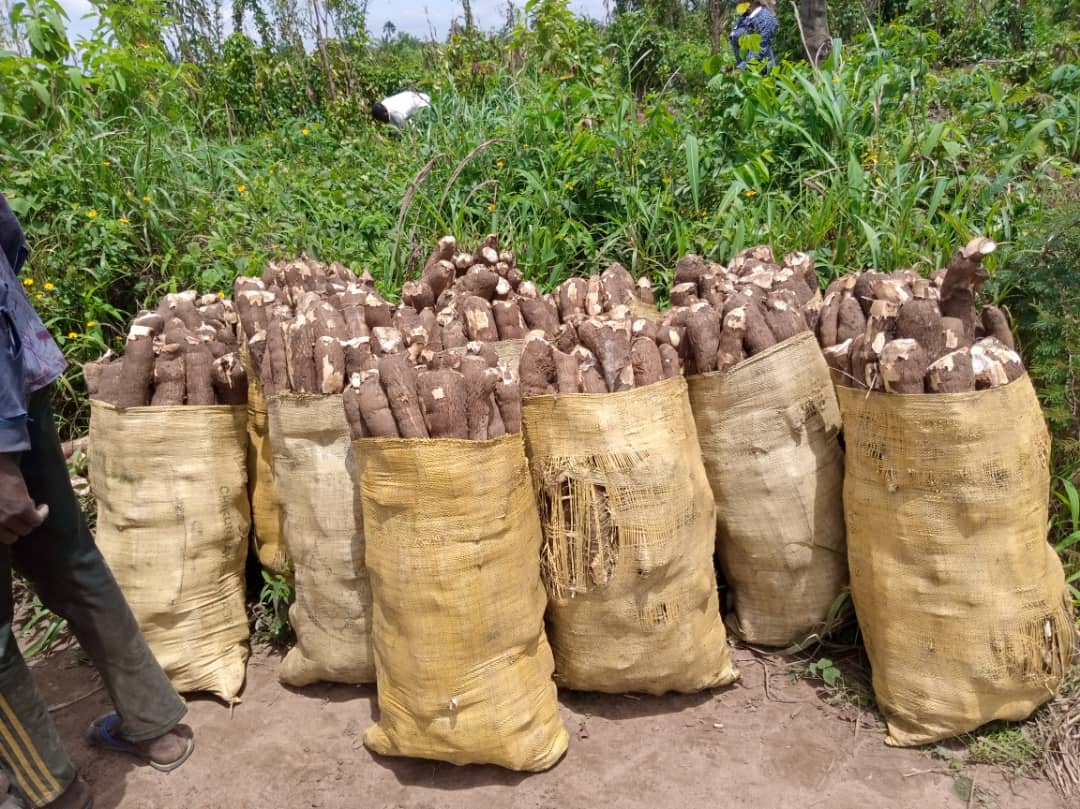Sowing Seeds of Progress: Securing Food Rights Nigerians
- October 16, 2024
- Posted by: Hub Admin
- Categories: Article, Economic Development, Poverty Eradication

By Pamela Udejimba
The State of Food Security in Nigeria
Food is not just a basic necessity; it is a fundamental human right. The right to food is recognised globally as essential for human dignity, health, and well-being. In Nigeria, however, many people struggle to access enough food. The National Bureau of Statistics (2022) reports that in Nigeria, 40.1% of people are poor and 63% are multidimensionally poor, making it difficult for them to afford sufficient and nutritious food.
This is particularly concerning given Nigeria’s vast agricultural potential. If the right policies and interventions are put in place, every Nigerian can enjoy the right to food, leading to a better quality of life. Despite being a major producer of agricultural products, food insecurity remains a huge problem in Nigeria. These challenges stem from a combination of factors like climate change, conflict and insecurity, and economic inequality.
In recent times, unpredictable weather patterns, prolonged droughts, and flooding have severely affected agricultural productivity, particularly in rural areas where the majority of Nigeria’s farmers reside. Insurgencies in the Northeast, clashes between farmers and herders, and banditry in parts of the North have disrupted farming activities, displaced communities, and limited access to farmland, further exacerbating food shortages. Furthermore, increased levels of inflation and high unemployment in the country have made it difficult for many families to afford basic food items, resulting in hunger and malnutrition, especially in poorer regions.
Building Sustainable Food Systems

To create a better future, Nigeria must focus on sustainable food systems. This means supporting small-scale farmers, who produce most of Nigeria’s food, by giving them more viable seeds, farming tools, and access to markets. If we empower farmers, they can grow more food and earn a better income. Innovation in agriculture is another key solution. Smart farming, which integrates technology into agriculture, can boost productivity, especially in the face of climate change. Urban farming and the cultivation of indigenous food crops, which are more resilient to Nigeria’s climate, can also contribute to food security. It is also important to reduce food waste. In Nigeria, large amounts of food go bad before reaching consumers due to poor storage and transport facilities. Investing in better storage and transportation will reduce this waste and ensure more food is available for everyone.
The Nigerian government must focus on policies that prioritise agriculture and food security. At both the federal and state levels, there must be stronger commitments to invest in agriculture, improve rural infrastructure, and implement social safety nets for vulnerable populations. Developing policies aimed at reducing import dependence on food and encouraging local production will improve food availability as well as create jobs and lift people out of poverty. At the same time, individuals and communities have an important role to play. Supporting local farmers by buying locally produced foods and getting involved in community farming projects can help ensure that all Nigerians have access to food.
On this World Food Day, let us remember that food is not just a privilege for those who can afford it but a right for everyone. The future of Nigeria’s food system depends on collective action. Let us work together to create a food-secure Nigeria where the right to food is realised for all, ensuring a better life and a better future for generations to come.
